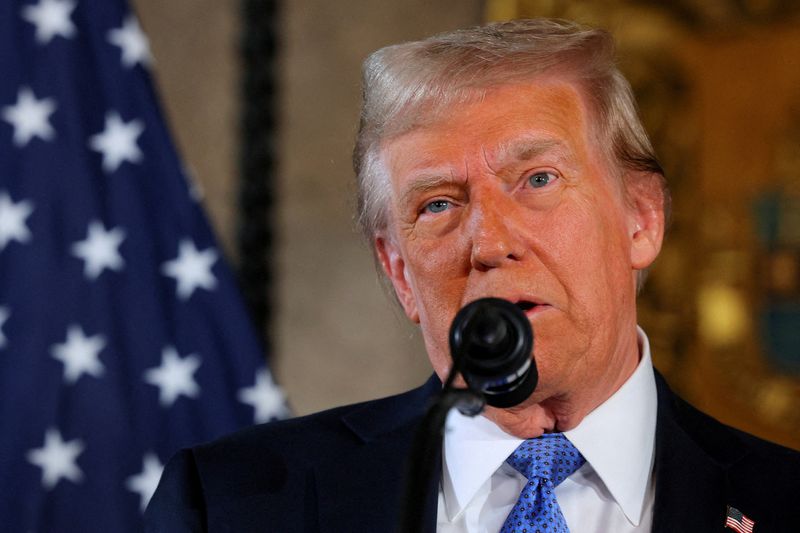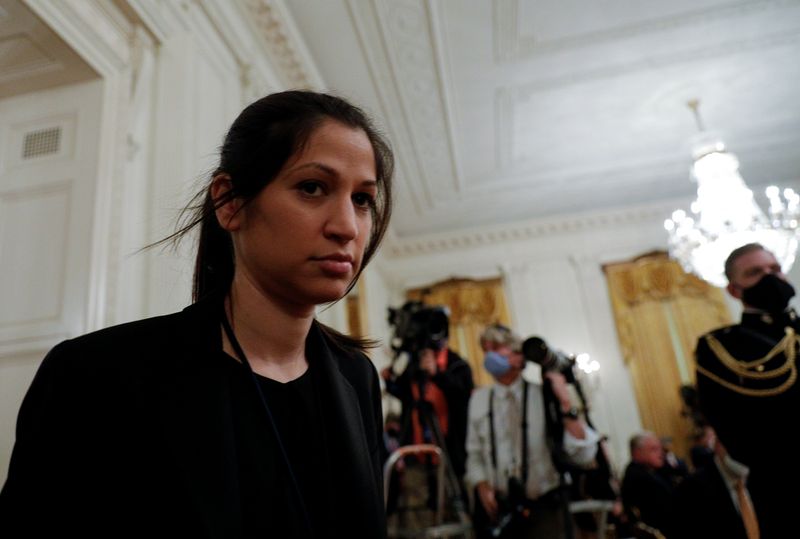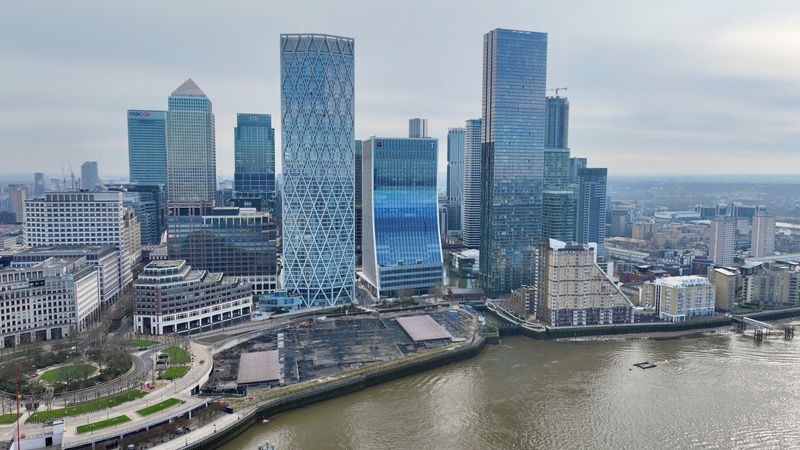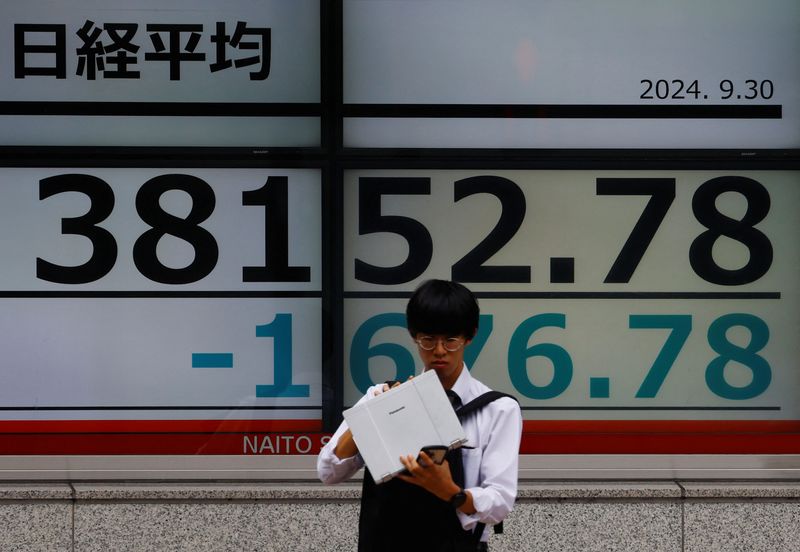By William Schomberg
LONDON (Reuters) -British businesses cut staffing by the most since the COVID pandemic and reported the sharpest confidence drop also since the lockdowns, according to two surveys that placed much of the blame on the new government’s tax increases.
The preliminary S&P Global Flash Composite Purchasing Managers’ Index for December and a quarterly survey by manufacturing body MakeUK, both published on Monday, added to other signs of a slowdown in the economy linked to the Oct. 30 budget of finance minister Rachel Reeves.
As well as not replacing staff who left, some firms cut hours and proceeded with previously planned restructurings.
Excluding the pandemic period, the fall in employment was the sharpest since the global financial crisis in 2009.
But the PMI’s measure of prices charged by companies rose, potentially worrying the Bank of England’s Monetary Policy Committee (MPC) which is watching for how employers respond to the higher social security contributions that they must pay.
Sterling briefly rose after the PMI was published as investors focused on the price pressures in the report.
“The MPC is now facing that nasty trade-off between slow growth and rising inflation, which will force it to cut interest rates only gradually next year,” said Thomas Pugh, an economist at accountancy firm RSM UK.
“An early Christmas present on Thursday from the MPC seems very unlikely,” he said, referring to the BoE’s December rate decision, which is expected to keep borrowing costs on hold.
The headline PMI reading held at 50.5, just above the 50.0 no-change level but below expectations in a Reuters poll of economists for a rise to 50.7.
LOSING MOMENTUM
Manufacturing activity fell to an 11-month low and although the services sector improved, employment across both sectors contracted by the most since January 2021.
By contrast, prices charged by firms rose at the steepest pace in nine months as input costs including salaries went up.
“Economic growth momentum has been lost since the robust expansion seen earlier in the year, as businesses and households have responded negatively to the new Labour government’s downbeat rhetoric and policies,” said S&P Global Market Intelligence’s chief business economist, Chris Williamson.
Make UK’s survey showed the sharpest loss of confidence among manufacturers since the start of the pandemic.
“Having faced a cost creep for most of the year, manufacturers are now facing a cost crisis,” said Fhaheen Khan, senior economist at Make UK.
As well as a 25 billion pound ($32 billion) increase in social security contributions by employers announced by Reeves in her budget , Britain’s minimum wage is due to rise by almost 7% in April.
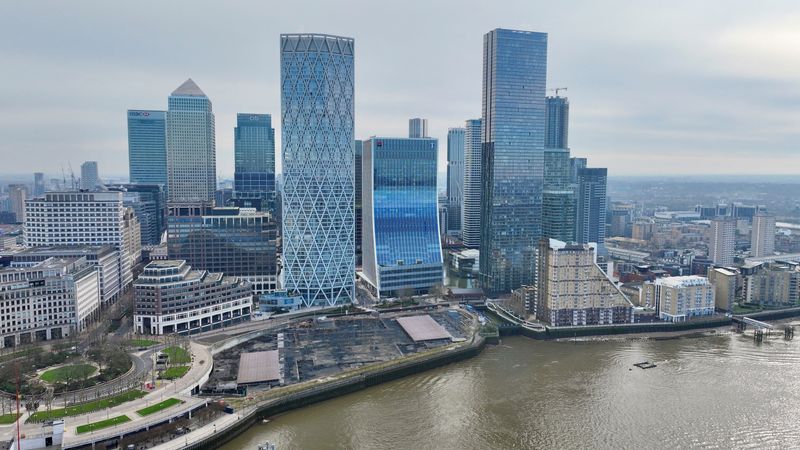
Other recent surveys have shown a drop in hiring intentions by employers.
Official data last week showed Britain’s economy shrank in September and October in the run-up to the budget – the first back-to-back declines in output since 2020.


